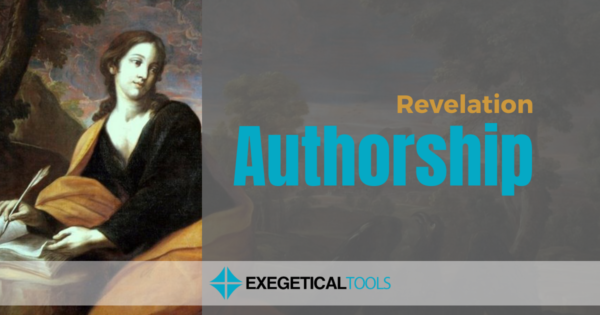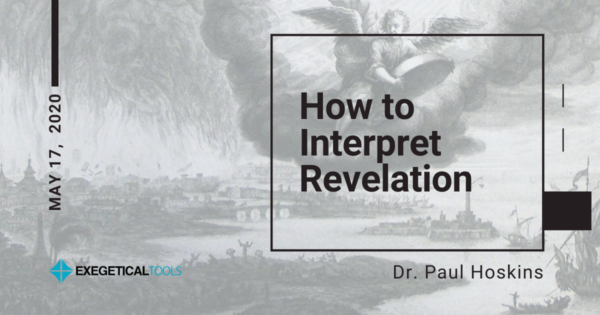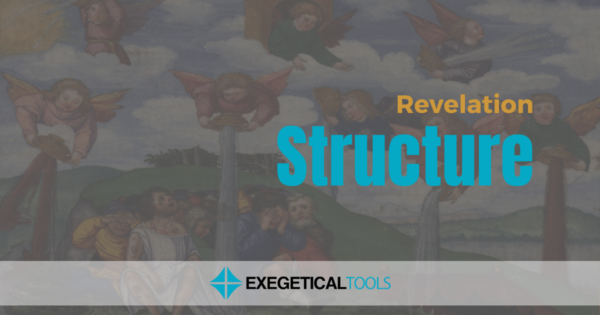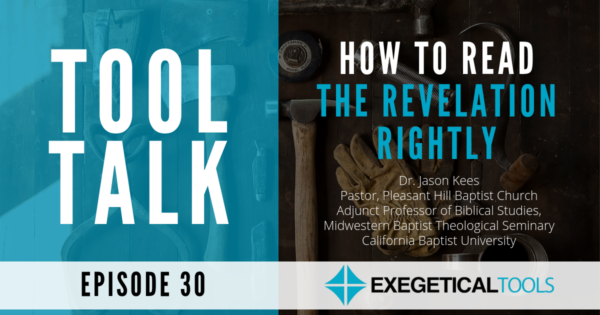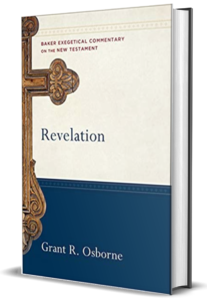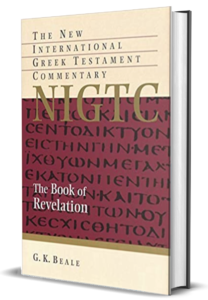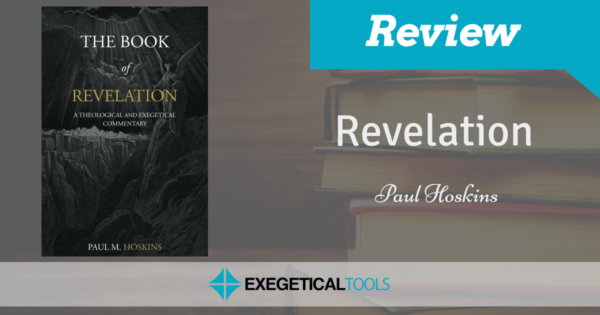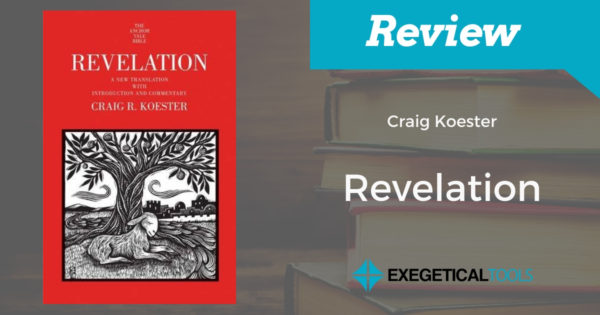Revelation is one of the most enigmatic, yet powerful writings in the New Testament. Most sermons series end after ch. 3 because it seems too daunting to handle interpreting the entire book. We'd love that to change.
On this page you'll find several introductory posts from Johannine scholar Paul Hoskins based on his Revelation commentary. More posts will be added that help you with difficult interpretive issues in the book. Below are also a number of public domain and online resources to help you study Revelation and prepare to preach and teach it.
If you would like to contribute to the resources on this page, contact us (see footer).
Clickable Table of Contents
Author and Occasion
Who is the ‘John’ of Revelation?
Early Church Fathers identify John the apostle as Revelation’s author, but style and theology could suggest a different John. Which arguments are stronger?
Why and When Did John Write Revelation?
What was happening when John wrote Revelation, and did he write it under Nero’s reign, Domitians, or somewhere in-between? Early evidence conflicts.
The Message of Revelation
How to Interpret Revelation, with Paul Hoskins
An overview of the major approaches to Revelation, illustrated by major themes of the book and a test case. Q/A follows.
The Structure of Revelation
Churches, plagues, and judgment oh my! Seeing the whole structure of Revelation helps us understand the difficult bits much better.
How to Read the Revelation Rightly | Jason Kees
A canonical approach to biblical interpretation helps us understand John’s Revelation. This podcast episode with Dr. Jason Kees explains!
Preaching and Teaching Revelation
Online Resources for Revelation
The following resources are available online in the public domain.
Commentaries
- Martin Kiddle, The Revelation of St. John, Moffat New Testament Commentary (Harper and Brothers, 1940).
- R. H. Charles, The Revelation of St. John, 2 vols., International Critical Commentary (Charles Scribner's, 1920).
- Richard Trench, Commentary on the Epistles to the Seven Churches in Asia: Revelation 2-3 (Charles Scribner, 1862).
- John Hoskyns, A Commentary on the Revelation of Jesus Christ (E. Madden, 1863).
- Henry Barclay Swete, The Apocalypse of St. John (Macmillan & Co., 1906).
Articles
- Parker Floyd O., "‘Our Lord and God’ in Rev 4,11: Evidence for the Late Date of Revelation?," Biblical 82 (2001): 207-231. Abstract: This article challenges a commonly-held belief that the title ‘our Lord and God’ (Rev 4,11) served as a Christian counter-blast to the claim of the emperor Domitian to be dominus et deus noster. Despite the claims of several scholars that the title ‘our Lord and God’ does not appear in the OT, the data collected favors the view that the title in Rev 4,11 does indeed have its origin in the divine title ‘Lord and God’ found in the LXX and other Jewish sources. Consequently, the title is of no use in helping to determine the date of the book of Revelation.
- Slater Thomas B., "Dating the Apocalypse to John," Biblical 84 (2003): 252-258. Abstract: The present study re-examines the major arguments for dating the Apocalypse to John. It argues that internal evidence should be preferred over external witnesses and that the internal evidence suggests, based upon the ex eventu prophecy in Rev 17,9-11, that the book was written in 69, either late in Otho’s reign or early in Vitellius’ reign.
- Rojas-Flores Gonzalo, "The Book of Revelation and the First Years of Nero’s Reign," Biblica 85 (2004): 375-392In this article I try to demonstrate that the Book of Revelation was written in the first years of Nero’s reign, because (a) there is an important patristic tradition in favor of Nero and (b) the internal evidence shows that the text was redacted after Nero’s ascension to the throne in 54 and before the earthquake of Laodicea in 60.
- Daryl Charles, "Imperial Pretensions and the Throne-Vision of the Lamb: Observations on the Function of Revelation 5," Criswell Theological Review 7, no. 1 (1993): 85-97.
- Dale Ralph Davis, "Relationship between the Seals, Trumpets, and Bowls in the Book of Revelation," JETS 16, no. 3 (1973): 149-158.
Sermons
- Mark Dever preached one sermon covering the entire message of Revelation. He also preached through the entire book paragraphs/chapters at a time. The sermons can be found at the Capitol Hill Baptist Church Sermons page, filtered by New Testament --> Revelation --> Full Book.
Introductory Textbooks
Commentaries
A New, Helpful Commentary-Guide to Revelation
Three ways this new resource will help you better understand Revelation and interpretive approaches to the book.
A Useful Guide to Preaching Revelation
“Preach Revelation? You mean beyond a series on the seven churches? You’re crazy.”
Revelation: A New Translation with Introduction and Commentary, by Craig R. Koester
His preteristic leanings are clear, but his desire to provide a close reading of the text is equally clear.

